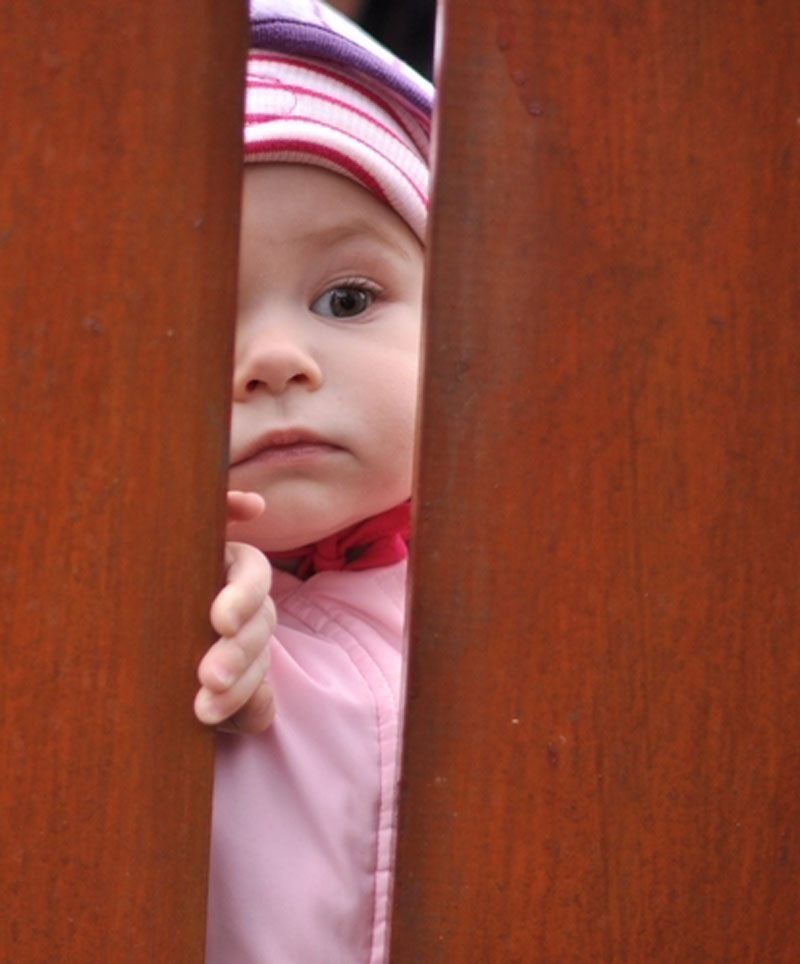
OR


Usha Pokharel
Usha Pokharel is an educationist and author of several children’s books.usha@pokharel.net
Curiosity is the wick in the candle of learning.
—Albert Einstein
Do you realize that as your children investigate, their experiences fuel their development?
I agree with Einstein, but doesn’t the saying ‘curiosity killed the cat’ immediately come to our mind? This might have been true in earlier times, when not many people were equipped to answer their children’s probing questions. Not many parents were educated enough and competent to deal with those queries.
Back then curiosity was also supposed to be dangerous. Times have changed but some parents are still uncomfortable with curiosity. Our mistake is not realizing that despite our uncomfortable feeling, curiosity is, at the end of the day, a desire to know and learn more. Just because we ignore their questions does not mean they will stop asking. They will seek out other areas/people to get the answers. Then again there is no guarantee that the answers they get will be appropriate and will guide them in the right direction. So while raising children we have to acknowledge that they are on the whole curious. Besides, almost everything you see was created by someone’s curiosity. There would have been little in the world without curiosity. Curiosity is the base of our personal learning, growth and improvement.
Sometimes I wonder what would have happened had our forefathers not been curious. The world would not be what it is today: it would be a world without clothes, cars, medicine, internet, cooking utensils and of course without recipes. In fact, we might as well be living in caves! Shocking, isn’t it?
Even babies as old as two months are curious. Give them a finger and they will feel it and then hold on to it. As we all know, curiosity starts with a desire to explore, to know more. This in turn makes children hanker for more knowledge. We have all encountered children who are asking questions even before they can speak, just by pointing with their fingers at things to find out more about them.
When I close my eyes I can still remember my children pointing at things and uttering, ‘ke…ke…ke…’
In this situation, if parents respond by giving the child the object in question, or if they name the object, the child will learn to ask for things or to name objects. But if such curiosity is ignored, they will stop asking questions. Children’s desire to ask questions depends to a large extent on whether they grow up in a curious household. If they do, by the time they go to school, they are way ahead of their peers and ready to learn faster in their classroom.
Children are born with all the eagerness to learn. It is difficult for us to keep children from exploring their environment. As soon as they start crawling, they will taste whatever they find. Everything is new to them and they want to know. This curiosity grows as children get older. Parents in turn need to understand the importance of letting their children satisfy their curiosity. The best course of action is for parents and children to together explore such curiosity. Of course, you should always keep in mind that the exploration is playful and safe and initiated by your child, leading to natural learning.
Do you realize that as your children investigate, their experiences fuel their emotional, social, intellectual, physical and ethical development? A parent’s challenge is to acknowledge their children’s curiosity as learning motivator, because their brains are designed to learn and absorb everything like a sponge. By providing them enriching experiences, parents promote their children’s learning. This boosts their brainpower and strengthens their learning pathways. It is up to the parents and other caring adults to create an intriguing environment around children.
Parents can identify this inquisitive behavior through the incessant questions of their children, to the point of parents get irritated and angry. At the same time it’s up to the parents to make their children understand, in the simplest words, whatever it is that their children want to know. Some things, they may understand; others, they won’t. Still they would love to know about it anyway. You must have noticed that your child’s curiosity depends on your reaction to it.
Just creating a curious environment is not enough. Parents need to fully participate in their child’s delight in discovery. Yes, I know, asking this of a parent is expecting too much because of their busy schedule. But then again parents are the doorways to their children’s learning. Parenting is never easy. Granted, you may not know why the sky is blue or why the sun always rises in the east and sets in the west. But this is an opportunity for you to be part of the exploration. “I don’t know, but let us find out together” attitude can bring a smile to your child’s face.
Yes, you are your child’s first teacher, role model, their whole world. So try to spend as much time as possible with them, together exploring curiosity with full enthusiasm. Try and bring out that child in you and have fun, laugh, sing, dance and cuddle up with a storybook, in the process introducing to them the world of wonders. Make an effort to create an interesting environment for your child. Keep in mind that children explore with their senses. So considering your child’s age and abilities, gradually introduce meaningful objects or experiences that feature new colors, shapes, textures, tastes and sounds and gradually challenge their intellect. In the meantime impose as few restrictions as safely possible, because the sooner you restrict, the quicker your child will be to do that restricted thing. For your child your restriction is an invitation to do that particular thing.
Finally, parents please keep in mind that your children are full of curiosity and full of interest to learn more. No child is a passive learner. So it’s a good idea for parents to encourage their preschoolers and school-agers to be curious and explore their curiosity.
Parents, take a break out of your busy schedule and accompany your children in their pursuit for more knowledge. Just keep in mind that the biggest advantage of parenting is the opportunity to accompany children in their quest for knowledge.
I know not all parents have complete knowledge of everything in the world that a child might want to know about. So this is also an opportunity for parents to learn along with their children. Go ahead and have fun with your children. The key is to give up your ego and become a child one more time. After all asking question is a central part of being a child. Don’t you think so?
The author is an educationist and author of several children’s books
usha@pokharel.net
You May Like This

Govt proposes mandatory health insurance for orphanage, rehab children
KATHMANDU, April 29: The government is preparing to make it mandatory for orphanages and child rehabilitation centers to buy health insurance... Read More...

One-third of Nepali children age 5-14 put to work: CBS
KATHMANDU, Nov 24: In what is considered a sorry state of affairs, some one-third of the children in Nepal are part... Read More...

Co-work essential to lessen discrimination against children, women: DPM Mainali
KATHMANDU, July 7: Deputy Prime Minister and Minister for Women Children and Social Welfare, CP Mainali has said the government... Read More...




Just In
- Special session of Koshi Province Assembly begins
- Lumbini Province: Three UML, one NUP leaders to take oath as ministers without portfolio today
- Unified Socialist’s general convention from June 30
- Former Indian Foreign Secy Shringla highlights India's strategic engagement with neighboring Nepal
- iPhone 14 Pro Max-shot Nepali film 'A Place Under the Sun' set for global OTT platform release
- Vitamin A being administered to children across Nepal
- Idols of Lord Ram and Sita consecrated at Nepali temple in Thailand
- Satdobato-Balkumari road section to be closed at night for several days













Leave A Comment